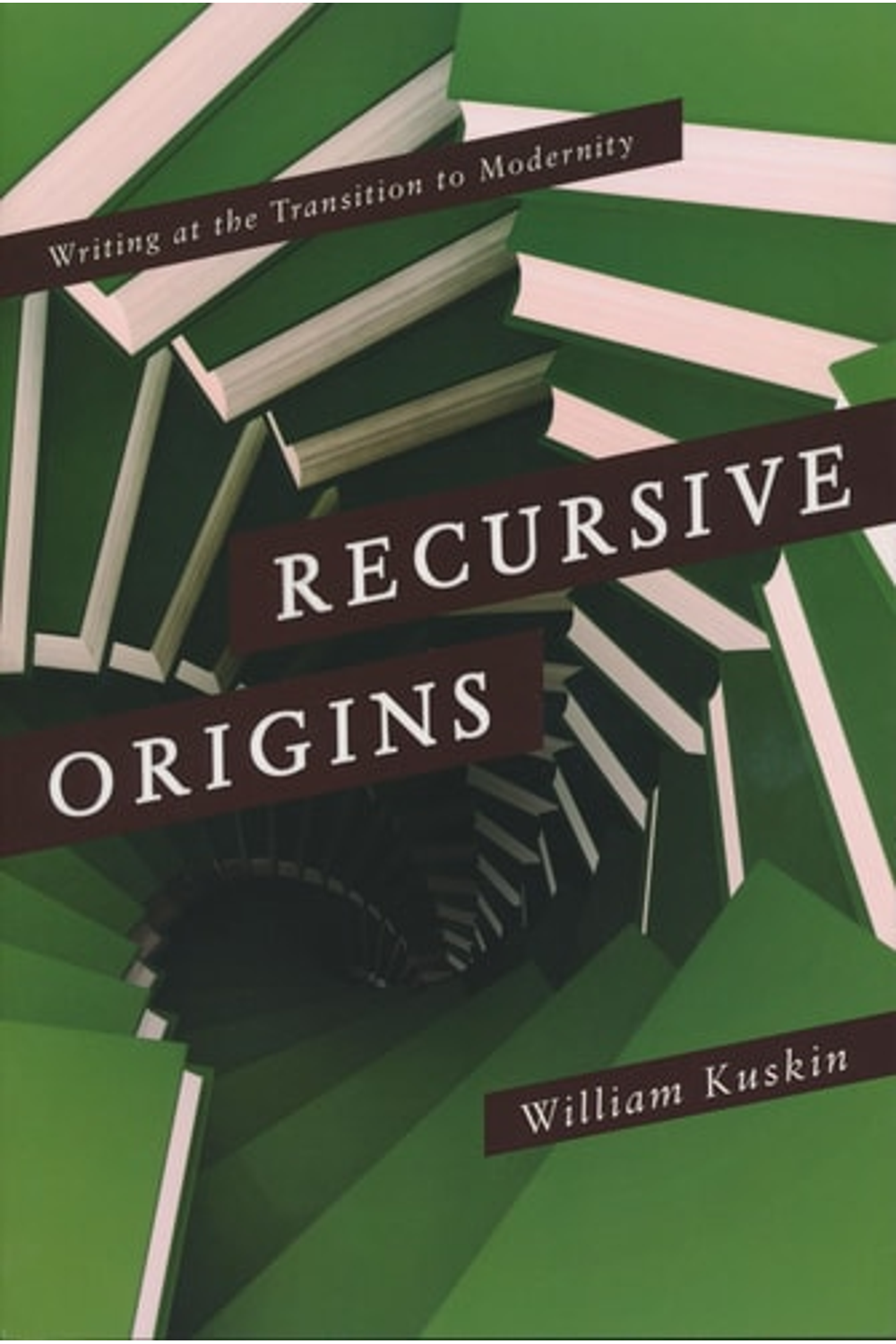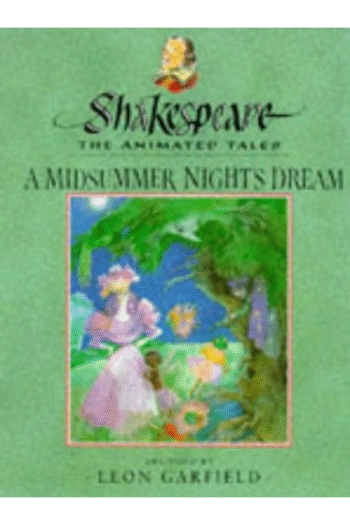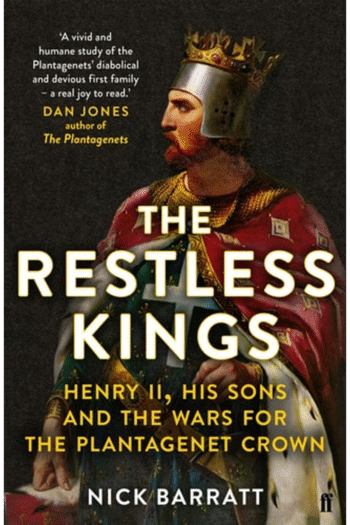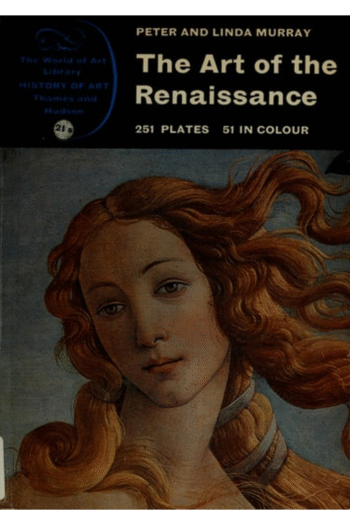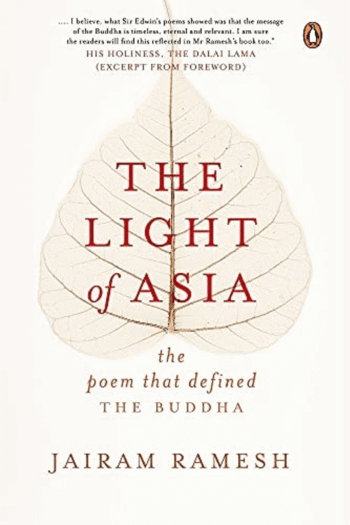Dive into the fascinating intersection of medieval and early modern English literature with William Kuskin’s *Recursive Origins: Writing at the Transition to Modernity*. This compelling study challenges traditional literary periodization, arguing that the sixteenth century was deeply intertwined with and informed by the fifteenth. Kuskin illuminates how canonical authors like Shakespeare and Spenser engaged with earlier writers such as Hoccleve and Lydgate, demonstrating a “recursive” relationship where the past actively shapes the present. By drawing on the concept of recursion from computer science, Kuskin offers a fresh perspective on how texts revisit and rework earlier literary forms, forging a more complex and nuanced understanding of literary history. More than just a historical analysis, *Recursive Origins* is a call for a re-evaluation of the connections between different eras and offers readers a new lens for interpreting the evolution of English literature. Published by University of Notre Dame Press. A must-read for scholars of medieval and Renaissance literature!
Recursive Origins: Writing at the Transition to Modernity
26,81 $
In stock
In Recursive Origins: Writing at the Transition to Modernity, William Kuskin asks us to reconsider the relationship between literary form and historical period. As Kuskin observes, most current literary histories of medieval and early modern English literature hew to period, presenting the Middle Ages and modernity as discrete, separated by a heterodox and unstable fifteenth century. In contrast, the major writers of the sixteenth centuryPhilip Sidney, Edmund Spenser, William Shakespeare, the Holinshed Syndicate, and their editorswere intense readers of the fifteenth century and consciously looked back to its history and poetry as they shaped their own. Kuskin examines their work in light of the writings they knewthat of Thomas Hoccleve, John Lydgate, William Caxton, and the anonymous London Chroniclesto demonstrate that fifteenth-century textual forms exist within the most significant statements of literary modernity. In short, by reconsidering the relationship between literary form and temporality, we can reach across the firewall of 1500 to write a more complex literary history of reading and writing than has previously been told.
Moving beyond his central critiquethat notions of period and progress are poor measures of literary historyKuskin develops and demonstrates the hermeneutic power of recursivity as a powerful challenge to a linear view of literary historical periods. Kuskin appropriates the term recursion from computer science, where it describes a computer programs return to a subprogram within itself to perform a more complex procedure. Books, for Kuskin, are recursive: they imagine within themselves a return to an earlier moment of writing, which, when read, they enact in the present. His is a profound claim for the grip of the past on the present and, more locally, a reclamation of the importance of the fifteenth century for any discussion of sixteenth-century literature and of the relationship between the medieval and the early modern.
| Authors | |
|---|---|
| Binding | |
| Condition | |
| ISBN-10 | 0268033250 |
| ISBN-13 | 9780268033255 |
| Language | |
| Pages | 296 |
| Publisher | |
| Year published | |
| Weight | 400 |
| Edition | First Edition |
Related products
A Midsummer Night’s Dream
14,78 $The Restless Kings
22,81 $
- Additional information
- Currencies
- USD – United States dollar
- EUR – Euro
- GBP – Pound sterling
- CNY – Chinese yuan
- BRL – Brazilian real
- MXN – Mexican peso
- JPY – Japanese yen
- PHP – Philippine peso
- THB – Thai baht
- PLN – Polish złoty
- CAD – Canadian dollar
- MYR – Malaysian ringgit
- AUD – Australian dollar
- TWD – New Taiwan dollar
- CZK – Czech koruna
- SEK – Swedish krona
- HUF – Hungarian forint
- ILS – Israeli new shekel
- CHF – Swiss franc
- HKD – Hong Kong dollar
- DKK – Danish krone
- SGD – Singapore dollar
- NOK – Norwegian krone
- NZD – New Zealand dollar

